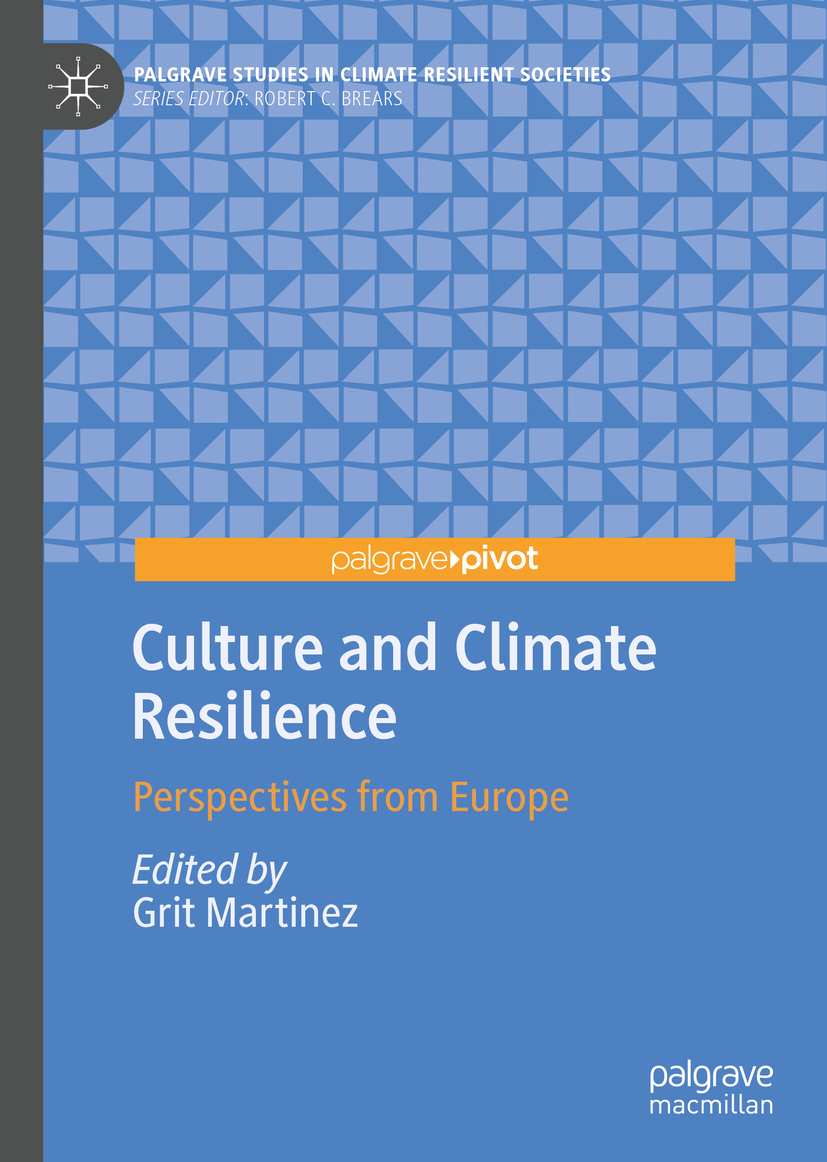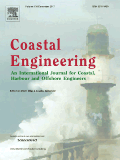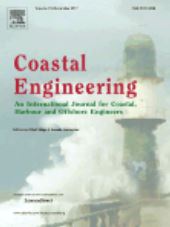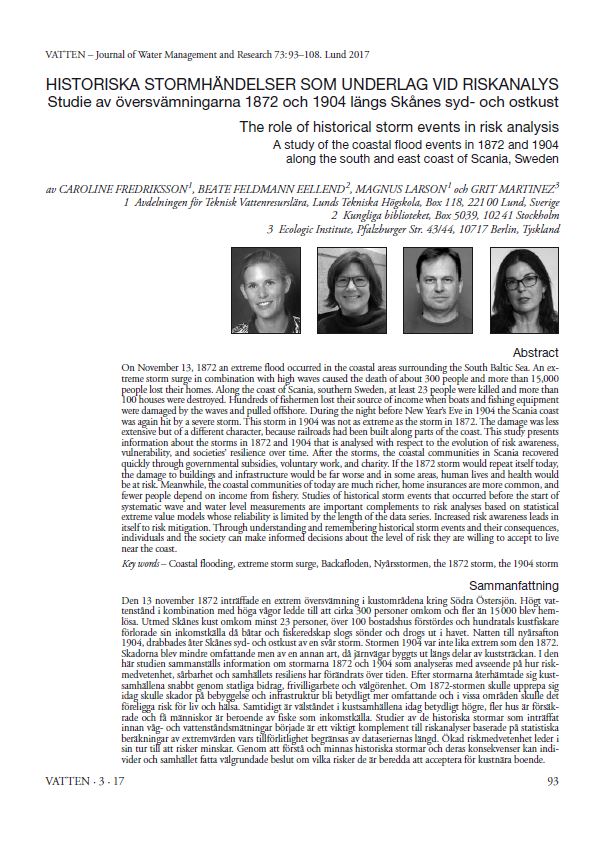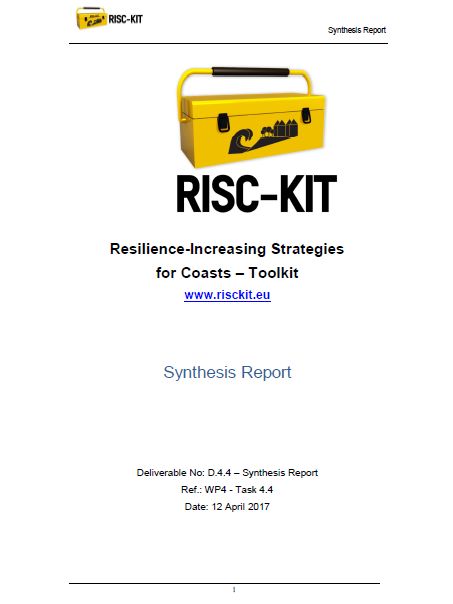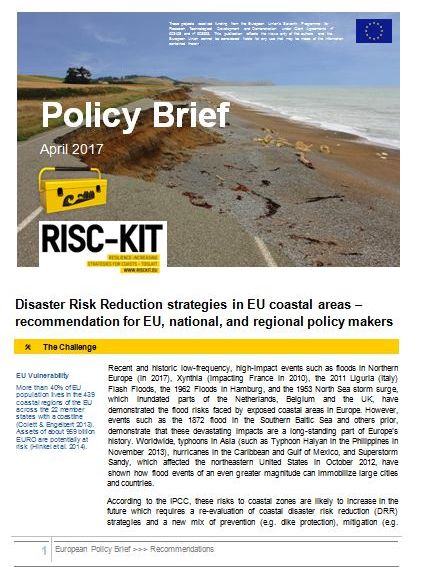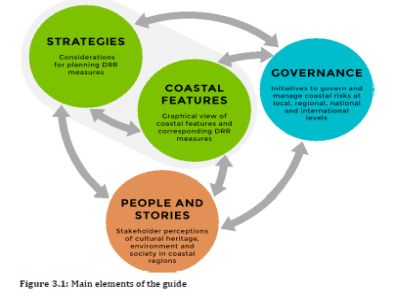This paper deals with how culture is expressed through the interplay of socially, politically, and economically driven processes and practices in place-based biophysical contexts as well as the role played by narrative expressions in the formation of coastal risk management, knowledge and action. It draws upon ethnographic, comparative, and historical approaches to understand how culture frames what we know and how we respond differently to risks.
The research is based on the theoretical position that interpretation of risks and responses of social groups are shaped by frames of cultural knowledge and values, and investigates the influence resident’s values have in shaping the resilience of their community in two coastal regions in Germany and Italy. Information was derived from desk research, semi-structured, narrative interviews, and observation. Specifically, the author was interested in how residents’ views and narratives affected their risk behavior, shaped their needs and which role path dependencies and societal contexts played in the formation of risk knowledge, risk management and action. The author found that values, knowledge and identity highly matter in building community resilience. Moreover, the cases illustrate how past and present societal trajectories shape local and regional responses to climate change and why this concerns political decision makers at all levels, who are aiming to mainstream mitigation and adaptation strategies confronting climate change effects and in turn shaping resilience at local and regional levels.
